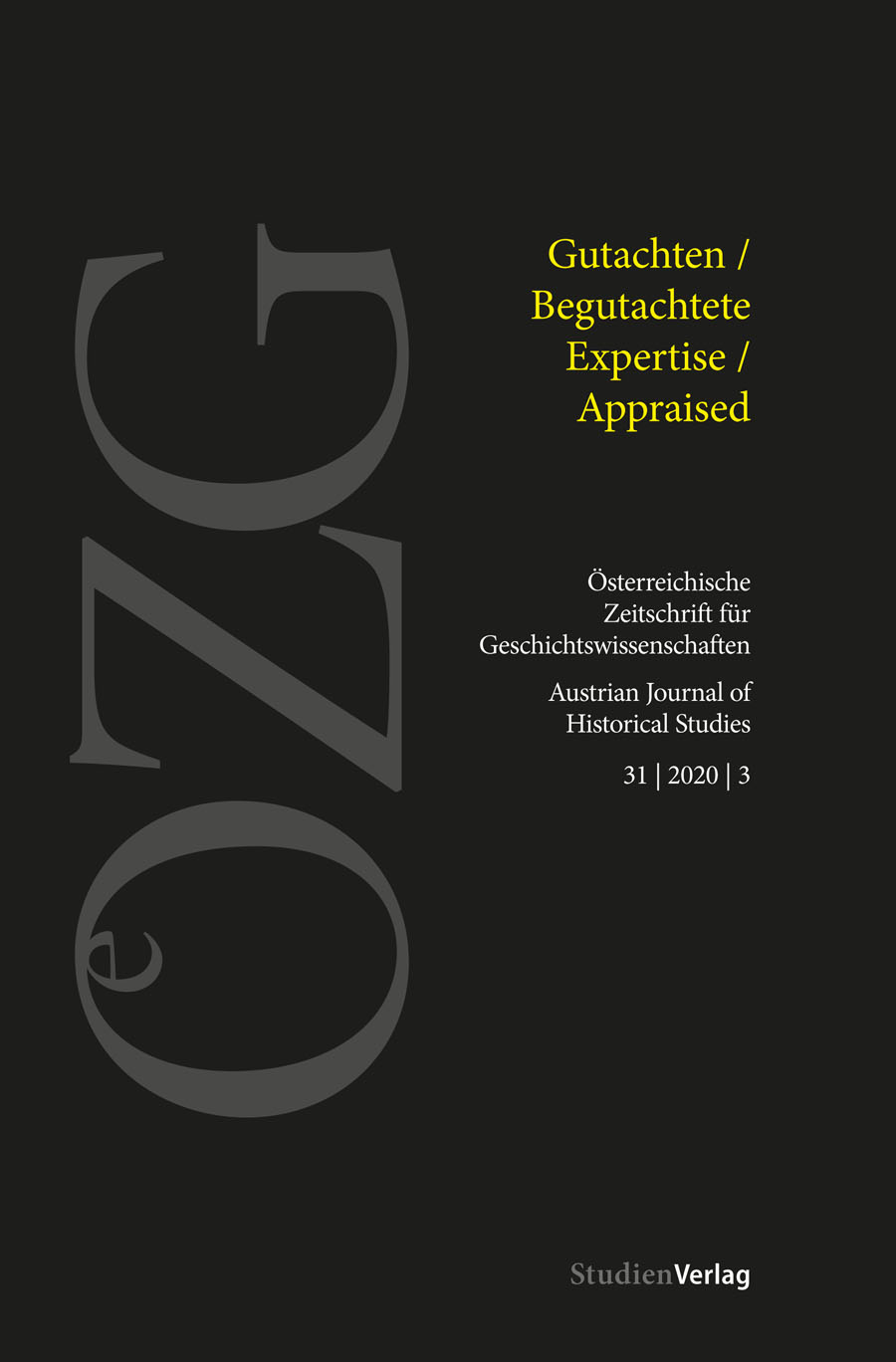A Global Monitoring Practice in the Making
Disability Measurement for UN Sustainable Development Goal 4 on Inclusive Education
DOI:
https://doi.org/10.25365/oezg-2020-31-3-11Schlagworte:
Nachhaltige Entwicklungsziele, Vereinte Nationen, inklusive Daten, Messung von Behinderung, globale Entwicklungsindikatoren, inklusive Bildung, Überwachung der MenschenrechteAbstract
In this paper, we examine a global assessment practice in the making: the measurement procedures proposed by the international community
to monitor the Sustainable Development Goals (SDGs). Our focus is on SDG 4, which requires UN member states to ensure inclusive education systems in order to realise the right to education for all, including persons with disabilities. To identify persons with disabilities, a global disability measure was introduced: the Washington Group Questions (WGQ). In line with the human rights norm of inclusion, the WGQ aim to reflect a social model of disability. We explore this claim based on a Sociology of Knowledge Approach to Discourse combined with insights from Disability Studies. To this end, we show first, how a social model approach to disability was developed by the international community regarding the human right to education, and, secondly, how this approach is supposed to be applied in disability measurements for the monitoring of SDG 4. Based on our analysis, we will argue that the WGQ do not fully capture a social model of disability yet; instead, they introduce a social model of impairment. Even though these measurements increase the visibility of persons with disabilities in the monitoring of SDG 4, they do not yet allow to comprehensively identify the barriers disabled persons face in realising their right to education.


